Traditional funds overcoming challenges to engage in digital assets
George Ralph shares insight into the current views around cryptocurrency. Contributed by RFA - An official AYU Partner.
AIMA’s recently published Global Crypto Report states that around one fifth of traditional hedge funds who responded to the survey are now investing in digital assets. For traditional funds, the news the currency is starting to align with other asset classes is positive as it perhaps opens up options not seen as viable before. The top three challenges traditional funds cited when considering a move in to the crypto space were regulatory uncertainty, reputational risk and lack of infrastructure.
A lot of opinions have been voiced in recent weeks around how to regulate the crypto market, which is currently estimated to be worth around $1.5trn. There is a substantial argument that investors in crypto need more protection amid increased concerns following some big swings in the most commonly traded digital assets this year. While crypto should perhaps be brought more in line with other types of financial assets, there is also an argument to say it is too different from other asset classes to be regulated in the same way. By stifling the market with a traditional regulatory model, there is a possibility that investors and innovators will be discouraged rather than encouraged to invest.
Managers operating in the digital asset space have a set of unique requirements in terms of digitisation and tech. An elevated, centralised data management strategy is key as firms are starting to look beyond their own research in the asset class and bringing in outside data. Data scraping to aid decision making and deliver KPI’s to managers has become the norm with funds that are ahead of the digital transformation curve. Digital assets also demand a decentralised, best in class, cybersecurity service. RFA are adopters of next generation technology and our AI driven cyber tools can enhance network security to a level previously unavailable. By ensuring systems are secure, we can work with our clients to remove the barrier to adopting new asset classes and allow managers to focus on their strategic planning.
While tech continues to drive funds’ capabilities forward, most funds aren’t in a position to need (or want to invest in) a full time CTO, but the skillsets are now necessary as part of the day to day deal flow. The option to outsource CTO requirements is often the most viable choice. A CTO delivers on a tech strategy in line with business goals and targets, aids in due diligence for investors and delivers on new tech and data as the market continues to develop. Your CTO service should support not just tech perspective but also business perspective so as a fund scales up, the infrastructure is in place to support this. Work with a technology partner who offers transparency and is happy to report on SLA targets and KPI’s in line with your overall business strategy.
About RFA
Since its foundation in 1989, RFA has evolved into an institutional-quality IT, financial cloud and cyber security services provider to the investment management sector. We take pride in redefining the future of technological support. RFA provides clients with customized workflow and IT strategies to bring tomorrow’s edge, today. RFA operates in EMEA, APAC and the US with 9 offices worldwide. We service over 900 clients worldwide, employing more than 300 engineers globally.
RFA offers a complete range of technology solutions designed to be scalable, secure, and reliable, allowing our clients to focus on their core businesses.
For more information, please visit: https://rfa.com




